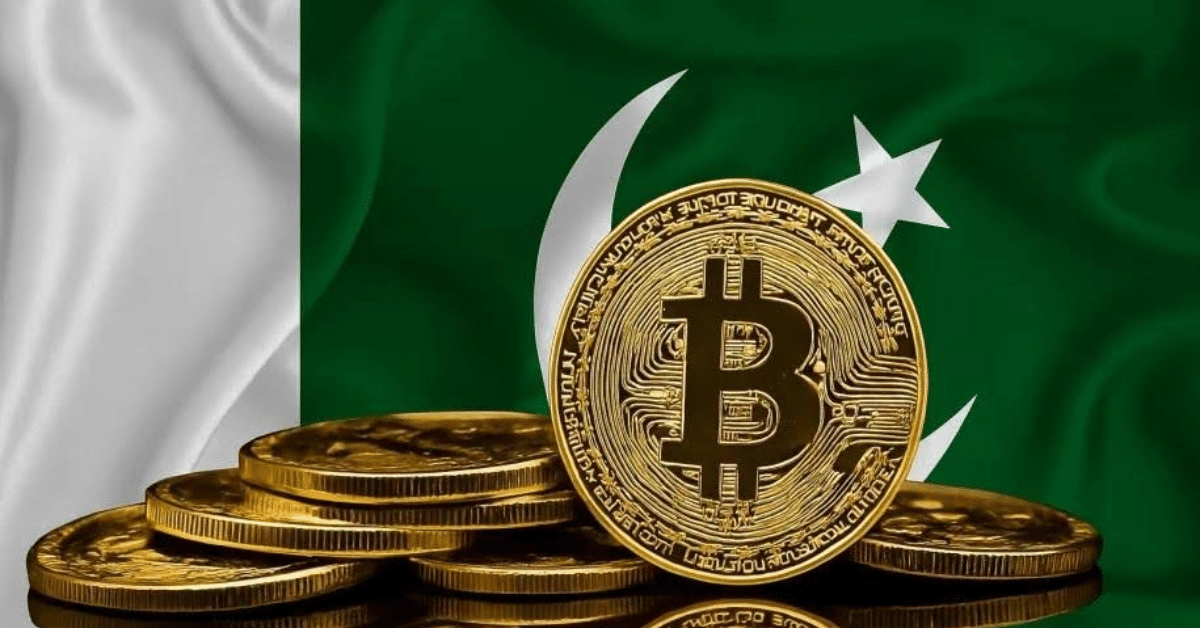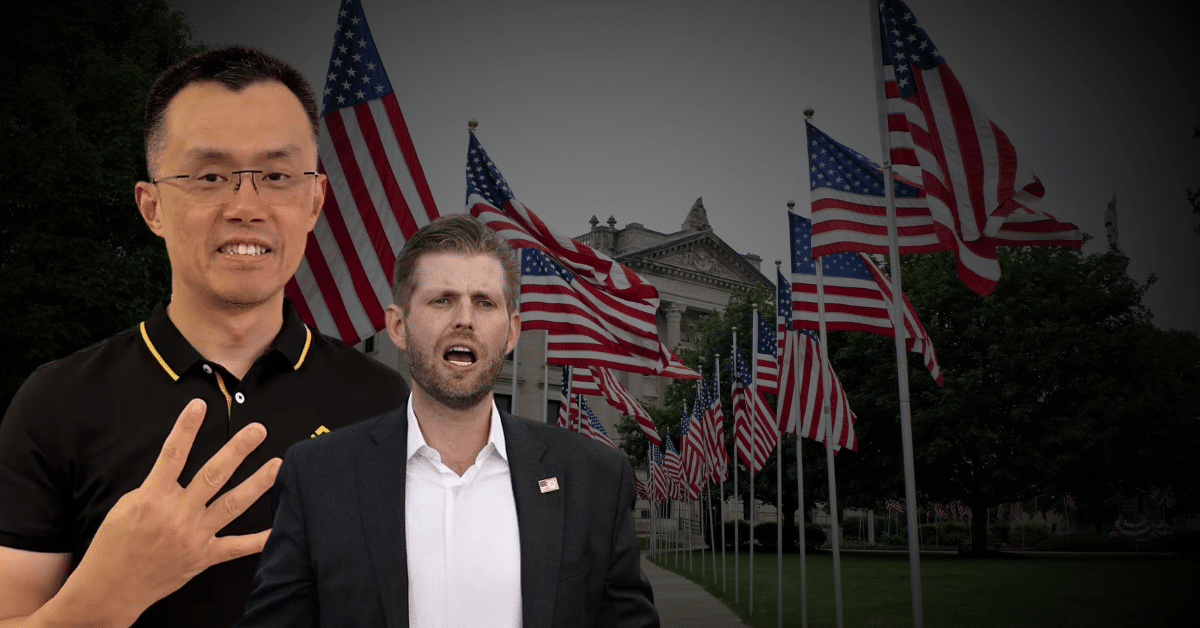Key Takeaways
- The IMF has warned Pakistan against plans to establish a Strategic Bitcoin Reserve Due to Concerns over its legality, as well as the use of electricity for Bitcoin mining.
- Pakistan intends to integrate Bitcoin into its economic plans, like El Salvador.
- The outcome of the IMF’s discussion with Pakistan could decide whether the country’s Bitcoin adoption plans will succeed or not.
The International Monetary Fund (IMF) has raised concerns over Pakistan’s latest plans for Bitcoin and Artificial Intelligence.
The IMF warning comes following a recent announcement by Pakistan that it would create a Strategic Bitcoin Reserve alongside several other crypto-related partnerships. The move to take a pro-crypto stance has left the mostly youthful and tech-savvy Pakistani population elated, considering it’s one of the countries that’s making a swift turn in backing the market.
Youthful Crypto-Savvy Population
Pakistan has recently made several moves related to cryptocurrency adoption, the latest being plans to establish a national Strategic Bitcoin Reserve, announced during the Bitcoin Vegas 2025 conference. Just before that, the country’s Finance Minister had also announced plans to allocate at least 2,000 megawatts of surplus power to Bitcoin mining and AI infrastructure.
Commenting on the pro-crypto steps taken by the government, Bilal bin, the newly appointed deputy in charge of blockchain and cryptocurrency to Prime Minister Shehbaz Sharif, observed that the country had a youthful, crypto-savvy population and urged international tech firms to invest in the country. However, the IMF warning now raises questions about the legality of the electricity allocation and the absence of a formal cryptocurrency policy.
Integrate Bitcoin Like El Salvador
Crypto enthusiasts in the country now expect officials to answer complex questions as discussions with the IMF continue. An IMF delegation is currently in the country conducting talks with government officials, and many expect the IMF team to hold a separate meeting to discuss the government’s plans to establish a Strategic Bitcoin Reserve, electricity for Bitcoin mining, and AI operations.
Pakistan’s plan to allocate 2,000 megawatts of surplus power for Bitcoin mining and AI infrastructure is part of the government’s broader national strategy to integrate Bitcoin into the local economy, similar to El Salvador’s approach. A key component of the wider crypto plan is the establishment of the Pakistan Digital Asset Authority (PDAA), a move approved by the Finance Ministry on May 21. The PDAA is mandated to regulate exchanges, wallets, stablecoins, and DeFi platforms while overseeing the tokenization of national assets in line with international frameworks, such as those of the Financial Action Task Force (FATF).
Conclusion
The IMF warning comes at a time when Pakistan is extremely bullish on Bitcoin, a move that remains contrary to the country’s previous policies on digital assets. The proposal to establish a Strategic Bitcoin Reserve, likely inspired by similar moves in the United States, is the most significant announcement since the country appointed Binance founder Changpeng Zhao as an advisor on crypto and blockchain affairs. So far, US President Donald Trump remains committed to his promise of transparent and favorable policies to the sector, which most commentators believe is the driving force behind massive institutional adoption.
Frequently Asked Questions
What is the IMF’s view on Bitcoin?
Bitcoin and stablecoins are now officially classified under the IMF’s financial framework, marking a shift in how digital assets are recorded globally. The International Monetary Fund (IMF) has formally included Bitcoin and other digital assets in its latest Balance of Payments Manual.
Why are governments wary of Bitcoin?
Governments are often wary of Bitcoin due to its decentralized and anonymous nature, which presents challenges for traditional financial oversight and regulation. They worry about the potential for illicit activities, difficulty in tracing transactions, and the impact on monetary policy. Additionally, concerns exist about the stability of the cryptocurrency market and the potential for widespread scams.
Why is the IMF wary of Bitcoin adoption by governments?
The IMF expresses caution regarding government adoption of Bitcoin due to concerns about the potential destabilization of financial systems, undermining the effectiveness of monetary policy, and facilitating illicit economic activities.























